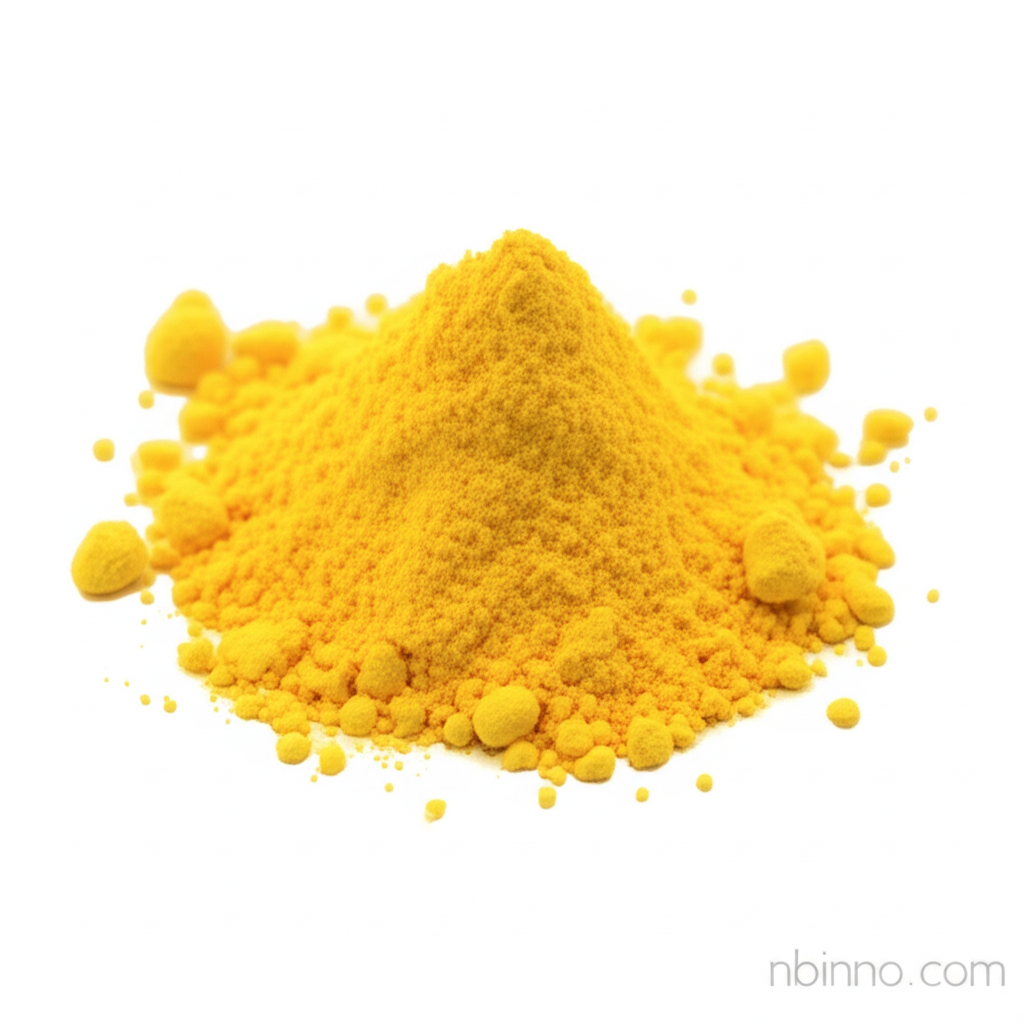Retinoic Acid: Your Guide to Skin Health and Beyond
Explore the science behind Retinoic Acid, a powerful Vitamin A derivative vital for skin renewal and therapeutic applications.
Get a Quote & SampleUnveiling the Core Value of Retinoic Acid

Retinoic Acid
Retinoic Acid, a key metabolic intermediate of Vitamin A, plays a critical role in regulating cellular processes, impacting everything from bone growth to epithelial cell differentiation. Its potent effects make it a valuable compound in both skincare and advanced medical treatments.
- Discover how Retinoic Acid is used to treat acne, regulating oil secretion and promoting clearer skin through its exfoliating and cell-renewing properties.
- Understand the anti-aging benefits of Retinoic Acid, including its ability to stimulate collagen synthesis and reduce the appearance of fine lines and wrinkles.
- Learn about the pharmaceutical uses of Retinoic Acid, particularly in the treatment of dermatological conditions like psoriasis and ichthyosis, as well as its role in cancer therapeutics.
- Explore the mechanism of action of Retinoic Acid, which involves regulating gene expression and promoting cell differentiation, contributing to skin repair and overall health.
Key Advantages of Retinoic Acid
Accelerated Cell Turnover
Retinoic Acid significantly enhances epithelial cell turnover, promoting the shedding of old skin cells and revealing fresh, revitalized skin, crucial for tackling acne and improving skin texture.
Collagen Synthesis Boost
The compound stimulates fibroblast activity, leading to increased collagen production. This is fundamental for improving skin elasticity and combating the visible signs of aging.
Sebum Secretion Regulation
Retinoic Acid effectively inhibits excessive sebum gland activity, reducing oiliness and pore blockages, which is a primary factor in acne formation and management.
Key Applications of Retinoic Acid
Acne Treatment
Due to its ability to regulate oil secretion and unblock pores, Retinoic Acid is a cornerstone in treating various forms of acne, from blackheads to inflammatory lesions.
Skin Rejuvenation
It combats photoaging by promoting cell renewal, reducing wrinkles, and improving skin tone and texture, leading to a more youthful appearance.
Dermatological Disorders
Retinoic Acid is instrumental in managing conditions like psoriasis, ichthyosis, and keratosis by normalizing keratinization and cell differentiation processes.
Oncology Applications
Its role in inducing cell differentiation makes it a valuable agent in the treatment of certain cancers, most notably acute promyelocytic leukemia.
